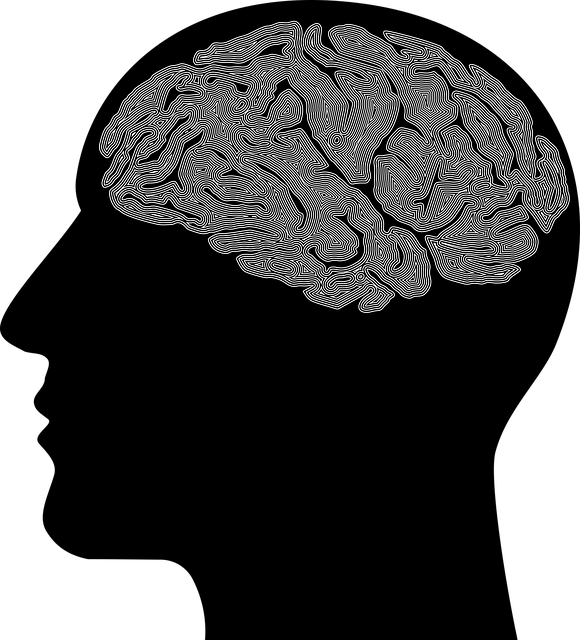Castle Rock Phobias Therapy relies on meticulous data understanding and analysis for effective interventions. This involves collecting standardized demographic and clinical information, cleaning raw data, and utilizing tools like questionnaires to ensure validity. The analysis provides insights into community mental health concerns, guiding tailored therapy strategies and targeting hotspots of fear prevalence. Visualization tools help therapists identify trends and assess intervention effectiveness, while ethical guidelines protect client privacy throughout the process. By combining data analysis with empathy-driven approaches, this holistic method enhances emotional regulation and contributes to both individual well-being and community resilience.
Mental health data analysis has emerged as a powerful tool for understanding and improving psychological well-being. In this article, we explore key aspects of mental health data, focusing on the unique case of Castle Rock phobias. From collection and preparation to advanced analysis techniques, we uncover patterns and trends that inform effective therapy strategies. Through thoughtful interpretation and visualization, professionals can make data-driven decisions, ultimately enhancing patient care. Additionally, we delve into ethical considerations crucial for navigating this sensitive domain, including privacy and bias in mental health data analysis.
- Understanding Mental Health Data: Collection and Preparation
- Analyzing Castle Rock Phobias: Uncovering Patterns and Trends
- Interpretation and Visualization for Informed Decision Making
- Ethical Considerations in Mental Health Data Analysis
Understanding Mental Health Data: Collection and Preparation

Understanding Mental Health Data involves a meticulous process of collection and preparation. In the context of Castle Rock Phobias Therapy, this initial step is paramount as it lays the foundation for accurate analysis and effective intervention strategies. Therapists and researchers alike must ensure that data is gathered systematically, considering various factors such as demographic information, clinical assessments, and self-reported symptoms. Standardized tools and questionnaires are essential to maintain consistency and validity across different studies or patient populations.
The preparation phase includes cleaning and organizing the data, addressing missing values, and ensuring data integrity. This step often involves transforming raw data into structured formats suitable for analysis. By focusing on these foundational elements, mental health professionals can facilitate meaningful Mental Health Policy Analysis and Advocacy, inform Depression Prevention initiatives, and ultimately enhance Emotional Regulation strategies for their clients.
Analyzing Castle Rock Phobias: Uncovering Patterns and Trends

The analysis of Castle Rock phobias offers a unique insight into the complex landscape of mental health concerns within specific communities. By delving into data, researchers and therapists can uncover patterns and trends that help in tailoring effective therapy strategies. This approach is particularly vital for addressing phobias, which often stem from complex interactions of environmental factors and individual experiences. Through meticulous analysis, professionals can identify hotspots where these fears are prevalent, enabling the implementation of targeted interventions. For instance, a community with a high incidence of arachnophobia (fear of spiders) might benefit from educational programs or Community Outreach Program Implementation aimed at raising awareness and building empathy for these creatures, thereby helping individuals overcome their phobias.
Moreover, understanding the demographics and social contexts associated with specific phobias is crucial. Stress Management Workshops Organization can play a significant role in this process by providing tools to help individuals cope with stress, which often exacerbates anxiety-related disorders. By combining data analysis with empathy-building strategies, therapists can offer personalized support, ensuring that Castle Rock phobia therapy is both effective and compassionate. This holistic approach not only helps individuals manage their fears but also contributes to the overall well-being of the community.
Interpretation and Visualization for Informed Decision Making

Interpretation and Visualization are powerful tools in mental health data analysis, enabling professionals to uncover insights that drive informed decision-making. By translating complex data into understandable formats, such as charts and graphs, therapists can identify patterns and trends within client populations. This process is especially valuable for nuanced conditions like Castle Rock phobias therapy, where precise understanding of progress and triggers is key to effective treatment.
Through visualization, professionals can assess the impact of various interventions, including Inner Strength Development programs and Social Skills Training, on emotional regulation. These insights facilitate tailored approaches, ensuring that each client receives the most suitable care. By combining data analysis with clinical expertise, mental health practitioners can enhance their decision-making capabilities, ultimately contributing to improved patient outcomes.
Ethical Considerations in Mental Health Data Analysis

In the realm of mental health data analysis, ethical considerations are paramount, especially when dealing with sensitive information and individuals seeking Castle Rock phobias therapy or other specialized services. As researchers delve into understanding complex conditions, they must navigate a labyrinthine web of privacy and consent issues. The data collected often includes personal narratives and intimate details about an individual’s mental wellness journey, requiring utmost discretion. Transparency in how this data is handled, stored, and shared is crucial to maintaining trust and ensuring the confidentiality of clients.
Ethical practices extend beyond initial data collection; they permeate every stage of analysis and interpretation. This includes the responsible use of artificial intelligence or machine learning algorithms that process such data, especially when predicting outcomes or tailoring treatment plans. As compassion cultivation practices gain prominence in mental wellness, it becomes imperative to integrate these ethical frameworks into the production of Mental Wellness Podcast Series content or any other form of trauma support services, fostering a supportive and non-judgmental environment even within analytical contexts.
Mental health data analysis plays a pivotal role in understanding and addressing issues like Castle Rock phobias. By employing robust methods, from data collection and preparation to ethical considerations, we can gain valuable insights that guide informed decision-making in therapy. Analyzing trends and patterns in mental health data not only enhances our treatment approaches but also promises a more hopeful future for those seeking relief from conditions such as Castle Rock phobias.














